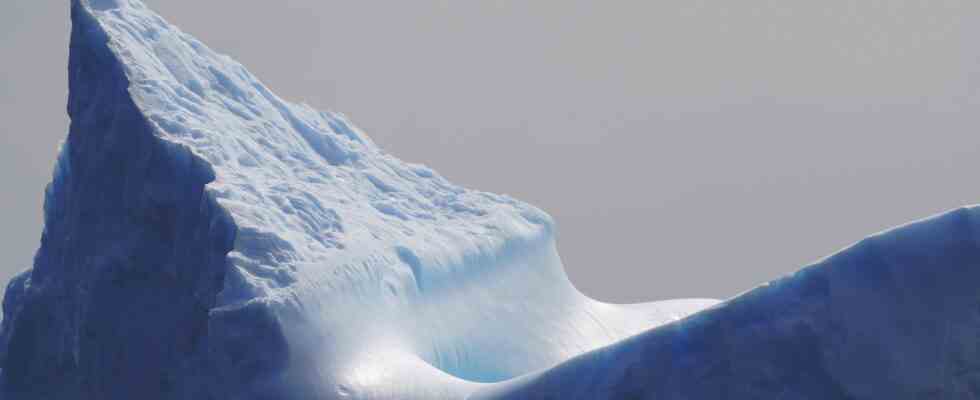Status: 10/24/2022 7:01 p.m
The Antarctic Commission has been fighting for new protected areas for years – but the necessary consensus failed because of Russia and China. The 41st Conference of the Commission begins today. Environmentalists are calling for urgent action.
At the conference, the federal government wants to work primarily for the creation of new marine protection areas. The Antarctic Weddell Sea alone is six times the size of Germany. Among other things, emperor penguins, hake, seals and whales live there. In addition, the largest fish breeding area in the world was recently discovered there. Almost all member countries have wanted to preserve this unique biodiversity for years.
Veto by Russia and China
In the run-up to the conference, the German Bundestag even voted unanimously for the creation of a marine protection area in the Weddell Sea. Unanimity is also required at the Antarctic Commission Conference. But the request has already failed six times due to vetoes by Russia and China. In the Antarctic, the two countries primarily pursue economic interests such as fishing.
Another important issue is krill fishing. The tiny crustaceans are caught in large numbers to make oil and fish feed, among other things. Their stock has greatly decreased. The functioning and health of Antarctica depends on krill.
Avoid permanent damage to Antarctica
Environmentalists from all over the world are therefore demanding that concrete measures be decided at the conference in order to avert permanent damage to the Antarctic and thus to the global climate. The cold Antarctic controls the circulation of the air, the sea binds huge amounts of oxygen and a melting of the ice would cause the sea level to rise further. Without Antarctica, the global climate would be very different.
Antarctica in the southern hemisphere is not yet as badly affected by climate change as the Arctic in the north, but temperatures are rising here too.
Antarctica does not belong to any single country, but is an international territory. Many countries, including Germany, have research stations there. The Antarctic Commission includes a total of 26 countries and the EU.

